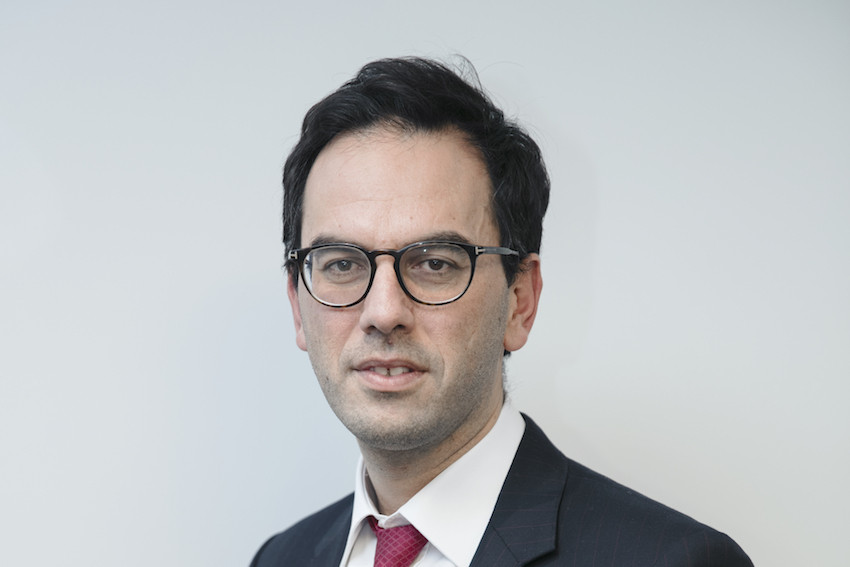“The biggest banks were incentivised to lend to consumers and blue-chip firms at the detriment of mid-sized firms,” stated Skoglund. This is the area in which private debt and also private equity investment have sought to prosper.
Bump in the road
Increasingly, Luxembourg-based funds have been helping to connect lenders with borrowers, but the virus has changed the dynamic. “The pace of private debt fundraising slowed in the first half of 2020, due largely to the headwinds created by the pandemic,” said Ilario Attasi at Quintet Private Bank. “Over that period, private debt managers closed just 55 funds totalling €43.5bn, on pace for the slowest year since 2015 in terms of capital raising.”
Kavitha Ramachandran at Maitland agrees, but sees signs of optimism: “Lending activities have been on hold given the uncertainties around liquidity; however, things have started picking up on the debt front with lenders being very selective in terms of assessing the profile of the borrowers--with cash and liquidity being the key drivers.”
For Joost Mees of JTC, the current market is primed for skilled portfolio managers: “The current financial situation seems to be the ideal hunting ground for distressed debt funds, and surveys seem, indeed, to indicate that there are more managers raising distressed debt and special situations funds than ever.”
Interesting opportunities
As to where the opportunities lie, for Attasi, “default rates should pick up in the coming 12 months, which will also create interesting opportunities for stressed and distressed managers”. Alternatively, “supply chain and trade finance activities have also come under focus due to the pandemic and there are rising investment opportunities in these areas,” noted Ramachandran.
In any case, “timing is extremely important to find the right valuation as well as the opportunity still being present to be able to turn a business around,” Mees commented.
Given the rise in the importance of these alternative sources of funding, this is also why regulators are seeking greater oversight in these areas (as noted in the articles in this week’s series on ideas for reform of the Alternative Investment Fund Managers Directive). This, coupled with low interest rates often well below inflation, makes this sector ever more appealing.
While the industry adjusts, it is also adapting to the needs of environmental, social and governance (ESG) considerations. “The pandemic lockdowns have had positive effects on the environment and added focus on the ‘E’ factor. There has also been an increased impact on the social side,” noted Ramachandran. While the market readjusts, asset managers will still need to focus on how they can better differentiate their products for ever more demanding investors.
